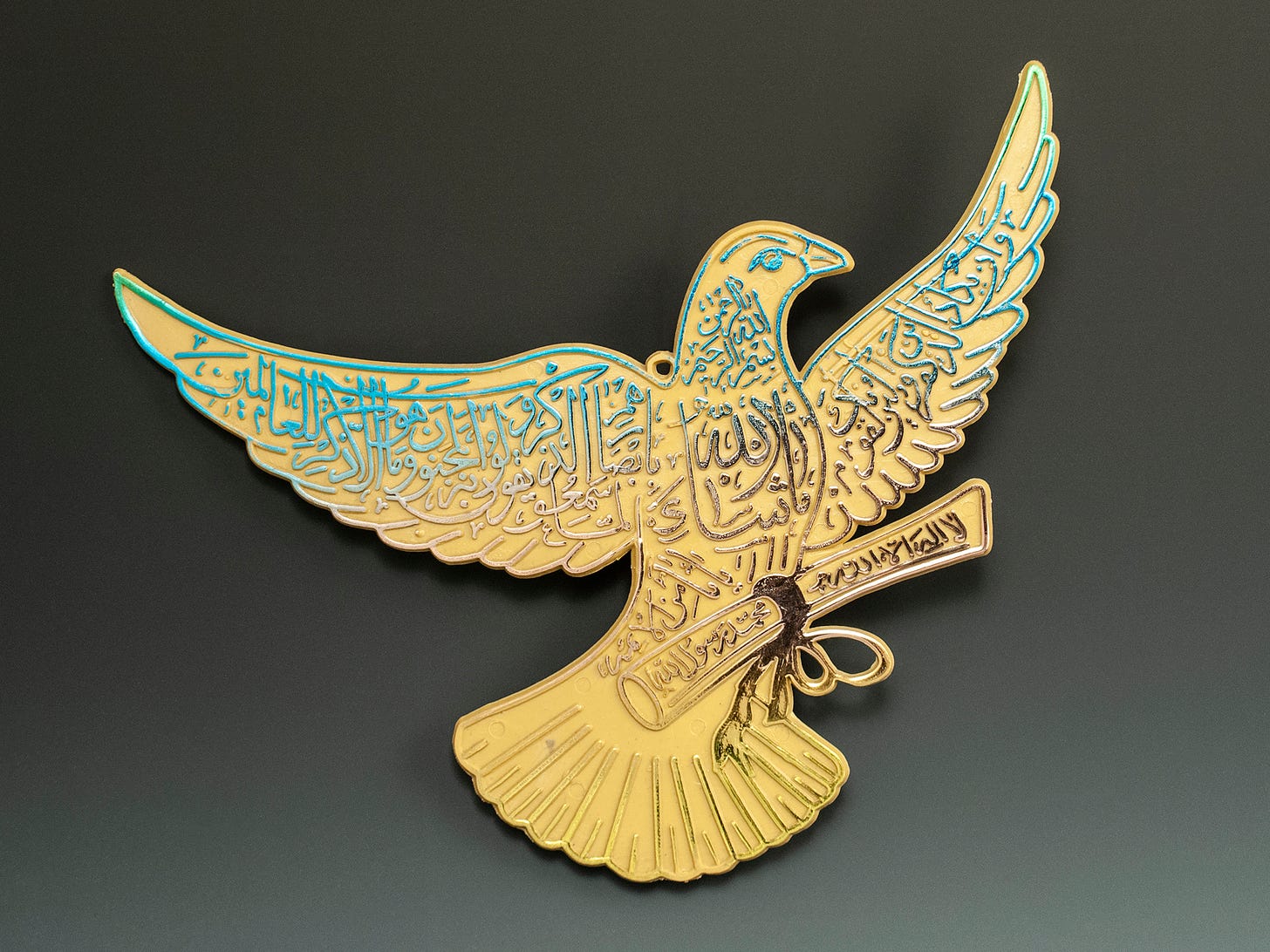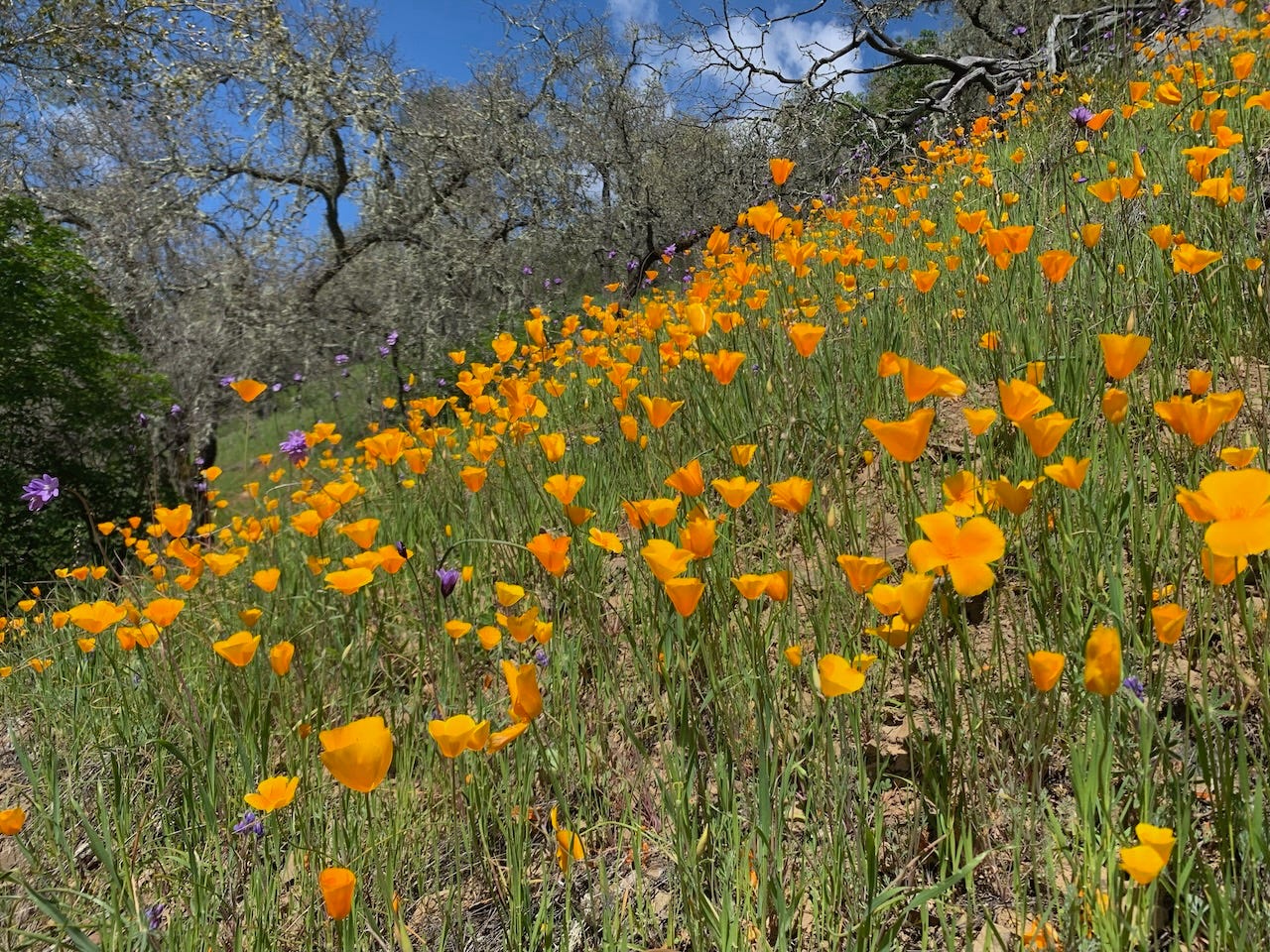First things first: A grateful greeting to all of you who have subscribed to my Substack during the past week. Many of you were coaxed here by my beloved friend
—who has been a beacon of brotherhood, wisdom, and inspiration to me since we first met in Santa Cruz nearly 50 years ago (Is that possible?). Rob’s generosity and radical optimism (aka Pronoia) have seen me through some hard times, and crystallized some good ones. I hope you’ll find these posts worthy of his recommendation, and maybe even lend your support to my nascent Substack endeavor.If you read my last post, you get that I’m something of a space freak. I’ve been so since my early years, when models of the LEM (NASA’s lunar lander) and Pan-Am Space Clipper from 2001: A Space Odyssey dangled precariously from my bedroom ceiling.
I even wrote a book about Star Trek in global culture, for which I witnessed the filming of Star Trek: First Contact and visited fan clubs from Germany to Japan.
So it came as a surprise that—even with years of advance warning—I let myself miss April’s total solar eclipse: an astronomical miracle that was seen by some 50 million people in Mexico, Canada, and the US. The whole thing just slipped by me... it was a weird act of self-sabotage. But this week I’d like to tell you about a total eclipse I did see: Twenty-five years ago, in the Islamic Republic of Iran.
The world was a very different place in 1999. There was no iPhone, no social media as we know it. Bill Clinton was being impeached, Y2K was looming, and Iran seemed to be on the brink of political and social reform. I traveled there in torrid mid-August, along with a group of six other Americans who had been granted permission to witness (as the T-shirts proclaimed) “the latest eclipse of the century.” But that specific afternoon I snuck away from my group, and planted myself in a grassy public square in the historic city of Isfahan.
What happened to me during that short event changed my worldview forever.
This story is from my most recent book, 108 Beloved Objects, which is all about the pleasure (and necessity) of letting things go. Published in 2022, the book displays full-page photos of my beloved objects, with the stories they inspired on the facing page. In this case, the tale is tied to a plastic cut-out dove, emblazoned with Koranic verses:
You can listen to the story above. I’ll publish the text of it here on Monday 5/20.
*. *. *
And now to the other stuff.
Wrangling with Parkinson’s, it’s become easy to overestimate myself. In fact, I do it every day. It’s necessary, because PD is known among “Parkies” (the first and last time I’ll ever use that word) as “the gift that keeps on taking.”
Despite all the research and double-blind trials and invasive, brain-stimulating surgeries, there’s really only one clinically proven way to slow down the progression of the disease: exercise. There are pills, of course; I’m on carbidopa/levodopa, which acts to replenish the body’s diminishing supply of dopamine (see last week’s entry). But it won’t work forever. You’ve got to keep increasing the dose – but if you start taking too much, the side effects include dyskinesia: per Wikipedia, “involuntary, erratic, writhing movements of the face, arms, legs or trunk.” I’ve seen dyskenesia in action. It’s not pretty.
So, exercise. I don’t know if other persons with PD feel the same way I do, but for me it’s all about holding the baseline: proving to myself that I can do today what I could do yesterday. Or last month. Or 10 years ago. I took this to the point of absurdity on my birthday—March 6th—when I tried to recreate a bike ride / hike / free-climb I’d done on my birthday in 2014. Thanks to the help of my friend and colleague Michael Shapiro, I succeeded—but we’ll see about 2034!
Already, though, the baseline is fracturing. All-day hikes through the wildflower-covered hills used to be one of my greatest joys. These days I can manage three or four miles, using poles, reliably limping, with frequent stops. But even those walks are deliberate overestimations. There’s an endorphin rush when it’s done, but hell to pay the next morning. (Oddly, biking is still painless, and I do try to ride for an hour every day. The hardest part is getting into my biking shorts.)
To be fair, it’s not all about PD. In 2018 I survived a serious spinal injury that, after two lower back surgeries, still impacts my mobility. But that’s the thing with Parkinson’s: It gets you where you’re already the weakest. And while for many people the red Kryptonite of PD causes visible hand tremors, for me it’s painful rigidity, mainly in my lumbar region and hips. Think of the Tin Man, trying to bend over to smell the yellow lupine. Creak.
Okay, enough kvetching. I like keeping these PD sections brief, because it gets a bit depressing to focus on what’s wrong. What’s right is that the Earth and Moon are still orbiting around the Sun (proving it now and then with amazing eclipses), and Earthlings—even in beleaguered places like Iran—have a gravitational core of goodness. Mashallah! I’m madly in love with this planet.







I remember reading your story of the eclipse in Iran and how a group of women formed a protective chain around you. Brings tears to my eyes even today. I have asked my friend to send me your 108 things book. (She has two signed copies from you). So looking forward to that and your future posts!
You know reg PD talk being sad, we all know physical pain and grief to some extent and relate at least to some extentwhat you have to share. You are not alone in this human experience. Personally I don't mind reading more about it.
Awww.... Thank you Sara.